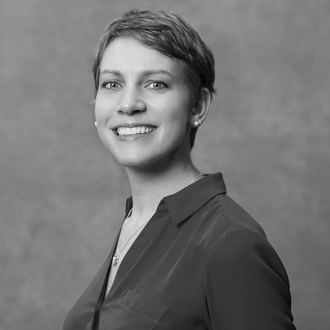 STROKE-CARE Support for Caregivers
STROKE-CARE Support for Caregivers
STUDY BASICS
Do you provide care at home for a loved one who has had a stroke? You may be able to participate in a research study to find out if a new rehabilitation program can help caregivers. Participants receive 10 in-home sessions with a rehabilitation professional to learn how to work through and around barriers experienced in daily life. Compensation provided.
STUDY PURPOSE
Caring for a loved one who has had a stroke places huge demands on caregivers, and can take a toll on physical and mental health. The purpose of this research study is to find out if a new rehabilitation method called STROKE-CARE can better support caregivers of people who have had a stroke.COULD THIS STUDY BE RIGHT FOR YOU?
- Age 18 and up
- Primary caregiver to a person who had a stroke
- Live with the person who had a stroke
WHAT PARTICIPANTS CAN EXPECT
For caregivers, participation includes completing some tests of your thinking and moving abilities, and answering questions about your mood and everyday activities. These tests will take 2.5 hours total and can be split into 2 sessions if you choose. After these tests, a rehabilitation professional (such as an occupational therapist) will meet with you in your home for about 1 hour each time for 10 sessions. The rehabilitation professional will ask you about every day activities that are important to you, and may have you practice these activities. These sessions will be videotaped. You will be asked to repeat all tests after completing the 10 rehabilitation sessions. Again, these tests will last 2.5 hours and can be completed in one or two sessions at your home. Care-recipients who have had a stroke may also be asked to participate in these sessions. The rehabilitation professional will ask them about everyday activities that are important to them, and may have them practice these activities.IRB: PRO16020650
- STROKE-CAREMEET THE RESEARCHER

Juleen Rodakowski
Juleen Rodakowski, OTD, MS, OTR/L is an Assistant Professor of Occupational Therapy at the University of Pittsburgh. Her research program examines factors that influence independent living for older adults who are at-risk for disability. Rodakowski primarily focuses on older adults with mood and cognitive changes as well as caregivers of older adults who are themselves vulnerable to poor health and disability.
 https://pittplusme.org/study/781
https://pittplusme.org/study/781